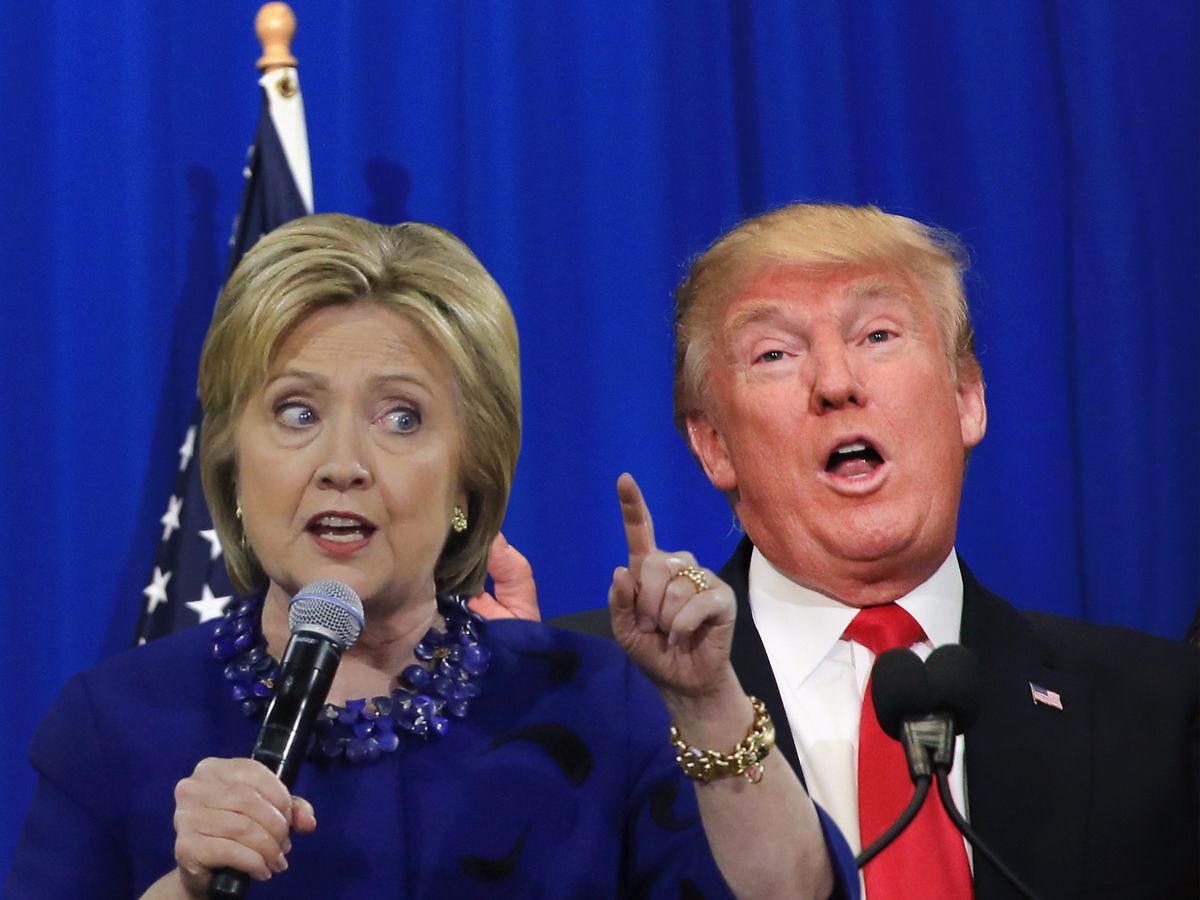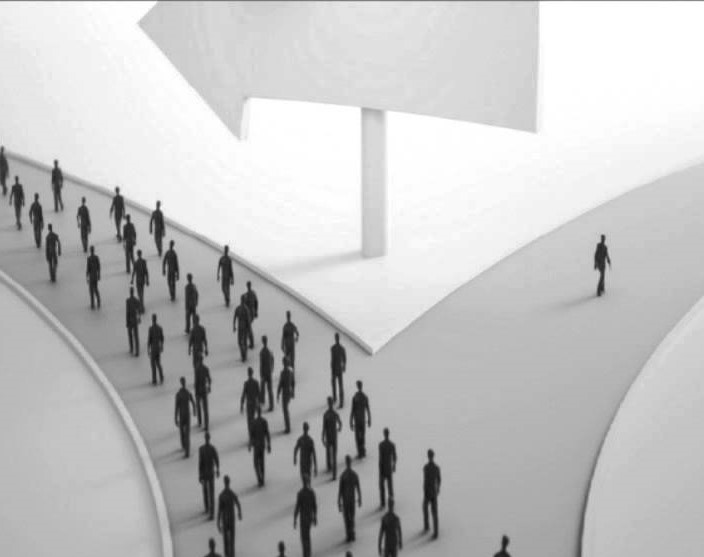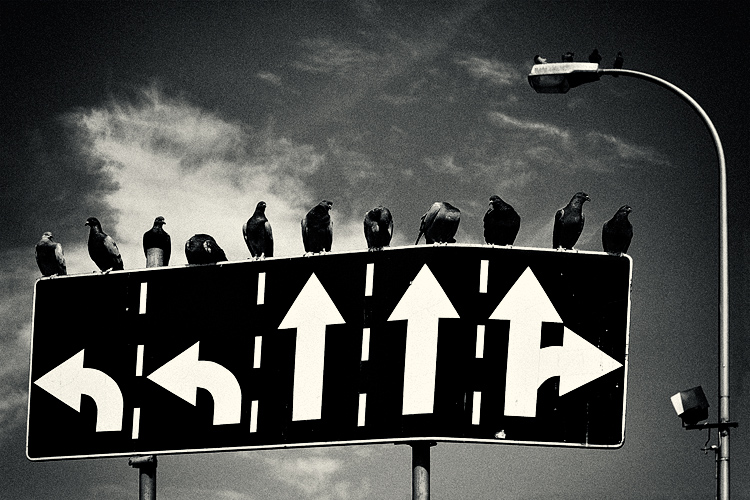No single factor is more responsible for the rot at the core of American culture than the illusion of individual choice and the separate chooser. Is there another way, another choice if you will?
 With the willful ignorance of the damned, ‘thought leaders’ proclaim that Americans now have choices over more things than any other culture in human history. We can choose between a broader array of foods, media sources, lifestyles and identities, they exclaim.
With the willful ignorance of the damned, ‘thought leaders’ proclaim that Americans now have choices over more things than any other culture in human history. We can choose between a broader array of foods, media sources, lifestyles and identities, they exclaim.
The truth is that we have the appearance of choices, and the appearance of freedom, without having the actuality of either.
The plethora of supposed choices is inversely proportional to the degree of real freedom. That is, the more choices we seem to have, the less free we have actually become.
If you look below the surface, you’ll see that most of the supposed choices we have arise from the false foundation in two sources—an assumption of a separate individual as the chooser; and a market mentality based on an ever-expanding range of psychologically manufactured desires and needs.
It’s true that Americans have always put great emphasis on individual choice. However that’s a big reason why this land has produced such an incredibly superficial, mindless and destructive culture.
Given the most unsatisfying and unsavory choice between Donald Trump and Hill-Bill, American socio-political culture has come to its logical end.
I’m not drawing a false equivalency. Yes, Hillary’s laugh produces a fingernails-on-chalkboard reaction in many men and women, and Hill-Bill’s policies hearken back to the good old days of blindness and arrogance of Bill-Hill, which gave rise to Bush-Cheney.
But the Donald is not a decent man. He’s a truly dangerous autocrat who believes he’s God’s gift to women, his audience and America.
So this presidential election, when Americans are faced with choosing between evil and twin weevils, is an accurate reflection of the real range of our choices.
To be sure, decisions in all domains have to be made. Rather than place decision-making in the false context of a surfeit of personal choice however, and speak stupidly about “developing the techniques of self-distancing to counteract the flaws in our own mental machinery,” an intelligent person seeks a direct approach that allows insight and clarity to be one’s guide.
For Socrates, who is venerated in Western culture but whose insights have been ignored, choices exist, but the idea of choosing implies confusion. When one sees clearly, there is no choice but to act accordingly.
Faced with a decision, Socrates said the mature person does not delude herself that she can stand apart and choose, based on the childish orientation of like and dislike. Rather, she allows space and holds the question, ‘what is the correct and fitting thing to do?’
Therefore rather than trying to maintain a feeling of agency in a culture that demands conformity while extolling diversity, that narrows options while praising a choice explosion, the key to true freedom of choice is freedom from the chooser.
I’ve certainly made bad choices and mistakes in my life. But I’ve questioned myself to learn from them, to understand the basis in one’s conditioning from which mistakes were made.
Besides, in a society that’s become completely socially and politically stuck, there’s something perverse in putting emphasis on ‘techniques of decision-making’ over self-knowing, insight and understanding.
When a people perish as a people, it’s foolish to assume positive intent. The walking dead do not know what they’re doing, much less aware of the lifeless sea in which we are all swimming.
As a friend, who has certainly not been a paragon of clarity in her choices and decision-making said to me yesterday, “you have to be strong, aware and alert not to get swallowed up by the darkness.” That insight attests to the fact that even those that have been swept into the vortex can free themselves from it.
Tools, techniques and mental frameworks presume a chooser that stands apart, and filters or lenses through which we must choose and then act. The way clarity in action and life actually works is much simpler and more difficult.
Try this experiment in direct perception/action. Go for a walk in familiar territory without a route in mind. Let yourself feel unsure about the direction to take as you walk.
Look ahead to the point where you must decide which way to go, but withhold a decision until you get there and focus on being in the present. Instead of the ‘decider’ deciding beforehand, see if you see at the moment which way to go. You will, and your feet will follow, and lead. It works.
Therefore making the right choices is a matter of letting go of the chooser, and with it the need for control and the illusory feeling of separate agency.
Paradoxically, freedom lies in not choosing, but in seeing/acting without choice–that is, without the gummed-up filter of the conditioned, self-centered and culturally constructed chooser.
Martin LeFevre

